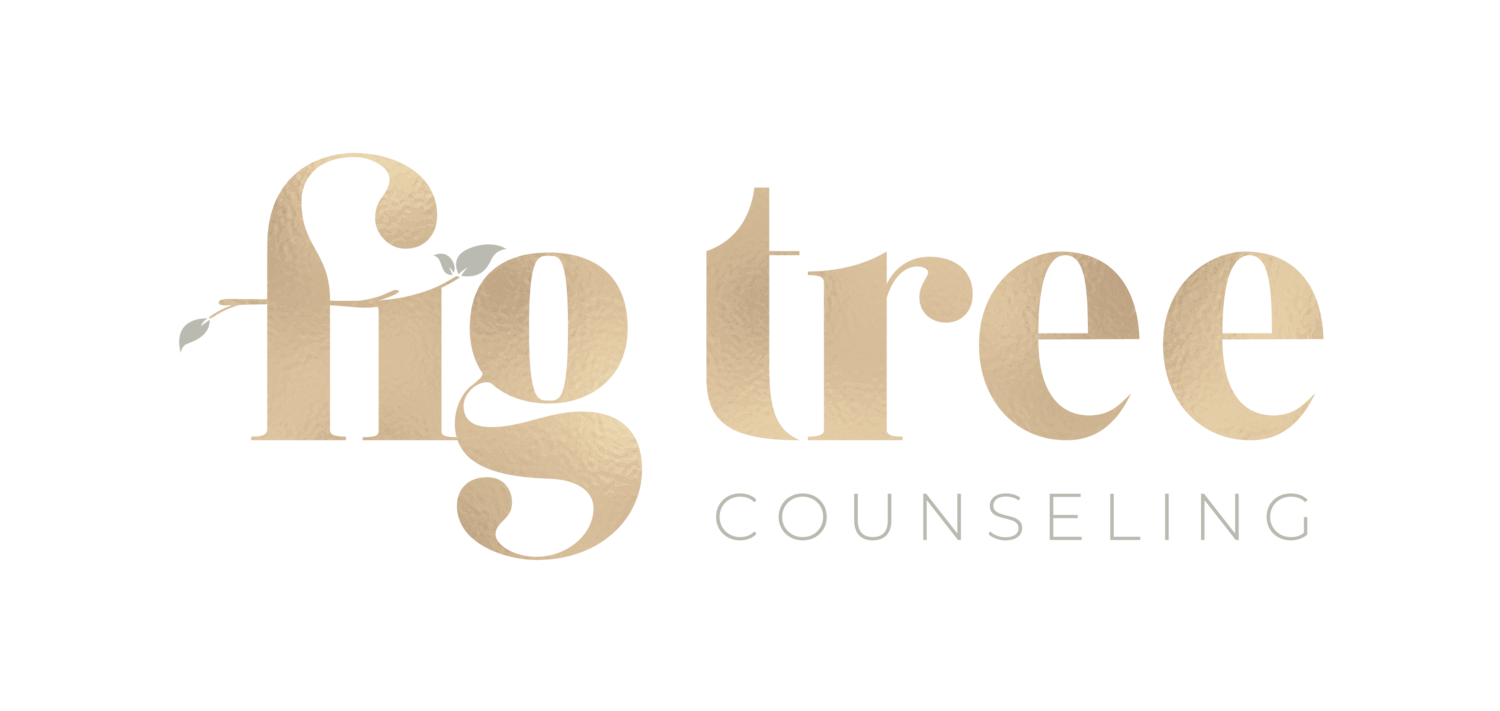When Kids Swear
Okay, let’s get real: if you are an adult human being and you are currently alive, you have probably used a swear word or two at some point (maybe even this morning!). This is just part of life, language, and expression. Sometimes the best and easiest release of frustration when, for instance, you slam your funny bone on the door jamb for the one-trillionth time is a loud and emphatic F-bomb. [An aside: why on Earth is it called a “funny bone” when it ain’t really that funny? I digress.]
However, if you have children in your home, even if you don’t swear around them, you will inevitably find yourself at some point in the presence of a child experimenting with profanity. This is just a thing that happens, and it’s not a reflection on your parenting or representative of some moral failing in your family culture. Whether your child has overheard you use profanity, or learned some choice words on the school bus, using them in your presence is a way of testing limits and experimenting with expression.
There are different approaches to addressing this, and these are largely based on age and intent. Now, I think we can all agree that hearing a three-year-old using a particularly hefty swear word in the appropriate context is pure comedy. However, if you laugh, and they see you laugh, odds are it will become a “fun” game that they will decide to play at only the most inopportune, public-facing times.
To spare yourself the humiliation of trying to quiet your toddler-turned-Hell’s Angel in the grocery check out line, it’s best to keep your approach short and simple. On the first offense, you can set a limit like, “Oops, that’s not a nice word, and nice words are not for saying to other people. If you’re feeling frustrated, you can instead say it quietly in your bedroom or [other acceptable alternative].” A helpful book to use as a jumping off point for any discussions about profanity with younger kids is Elbert’s Bad Word by Audrey Wood.
With an older child or teen, you can start to talk about the nuance of respectful vs. disrespectful speech. For instance, maybe in your house, you don’t mind if your child swears as long as it’s not at another person. If your child swears at you or a sibling, you can remind them, “That didn’t sound very respectful. Try again to say what you need in a respectful way.” If disrespectful speech persists, it’s a great opportunity to use our choice-giving skills to enforce the rules and provide a consequence if necessary.
Ultimately, this topic provides wonderful opportunities to have discussions with older children and teens about what respect and disrespect look and sound like. It gives them an opportunity to think about how they would like to be treated, and to consider the impact their language and behavior has on others. It also gives you some openings to discuss healthy ways to express anger, excitement, and frustration.
Some words of caution: A tactic that I have seen used that I STRONGLY advise against is washing the child’s mouth out with soap, putting hot sauce in their mouth, or punishing with something else bad-tasting. DO NOT DO THIS. It is a) not effective and b) will quite possibly result in some injury to attachment.
It’s important to decide what the rules around swearing will be for your family. There’s really no right or wrong way of structuring this, whether you are implementing a hard-lined no swearing policy or allowing swearing within the confines of your home but not in public or at school. Here’s the key: the adults in the home MUST follow the same rules. This is not a situation where the old “do as I say, not as I do” tactic is acceptable. If you are expecting your child to speak in a certain way, it’s on you to be the model for what that looks like.
At the end of the day, profanity is an inevitable part of the human experience, and is present in songs, movies, and even Shakespeare. To pretend like swear words don’t exist or to make their use taboo is likely to embue them with a sense of mystery and rebellion. Instead, when you frame the conversation around respect and healthy emotional expression, you get at the root of the need to swear and teach functional life skills.
Sometimes, the most cathartic answer to a problem is a big ole “cuss word”...and that’s okay.

